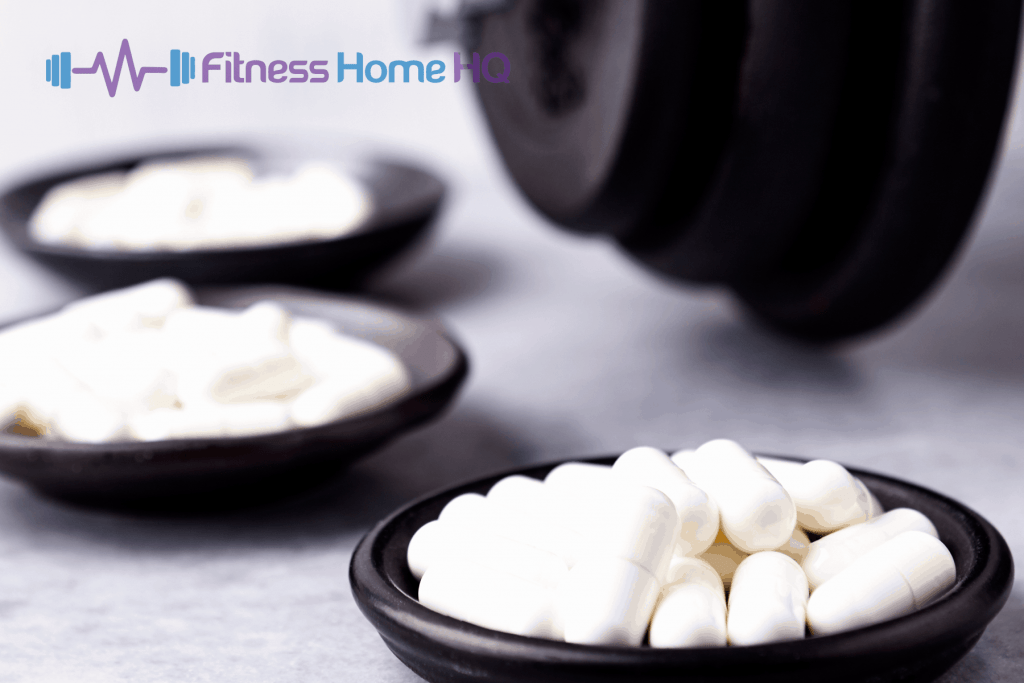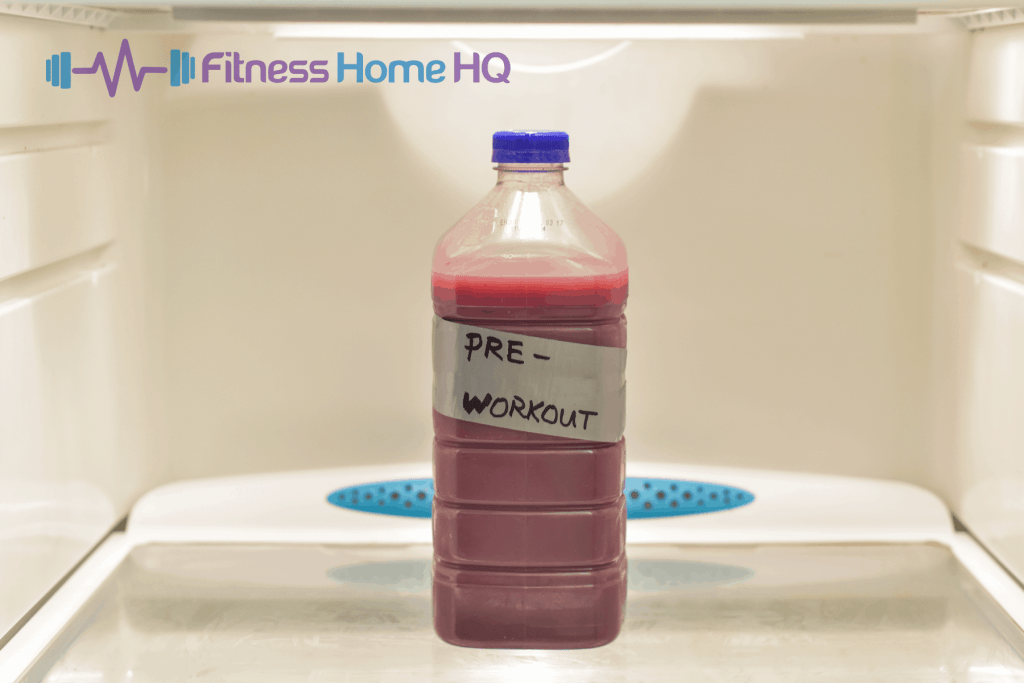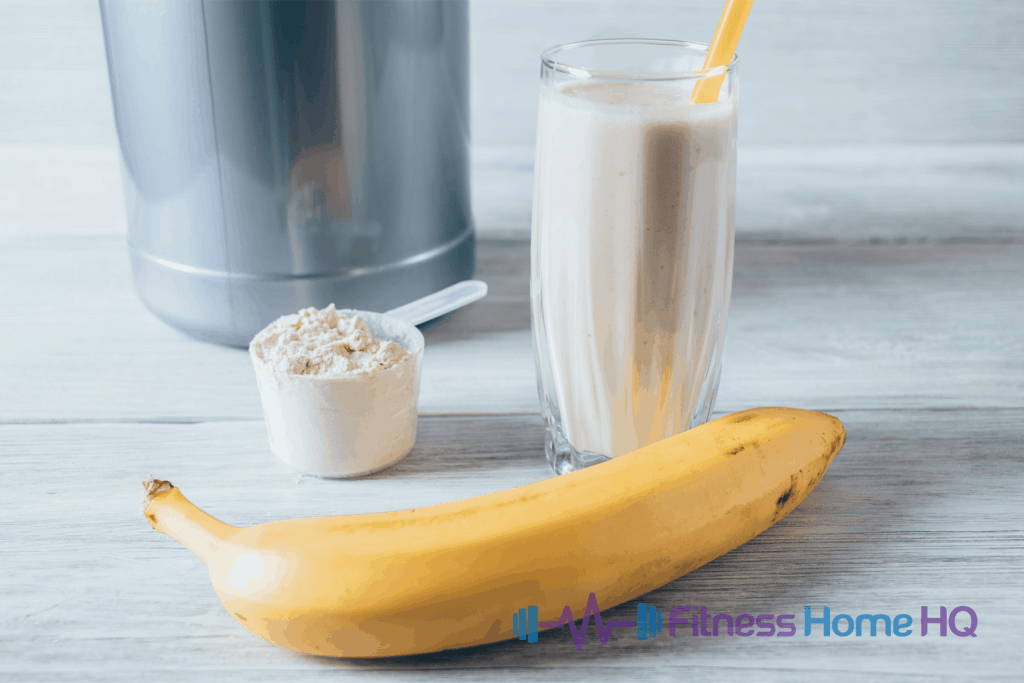With scientific advancements providing leaps and bounds for the medical world, new supplements are arriving on the market every day for a whole range of purposes.
However, supplements marketed at boosting your cardio workout by being taken just before your workout has experts conflicted, especially the pre-workout supplement brand called pre-workout. So, should you take pre-workout or will it actually do your body more harm than good?

As most exercise fanatics know, it can be unproductive and dangerous to do an intense cardio workout with little or no fuel in your body. Likewise, if you just eat sugar before a cardio workout rather than foods that provide you with enough energy to carry out the whole work out then you will feel weaker and grow more tired quicker.
The idea behind pre-workout supplements is to provide a boost of energy during your workout when taken roughly half an hour before you start. The way you can take the supplements varies so that you can take it in the form that is most convenient for you. But either way, pre-workout is aimed to boost your energy levels so that you can make the most out of your cardio workout.
In order to boost your energy levels ready for your work out, workout supplements need to include certain energy triggers to make taking them worth while.
While most pre-workout supplements include a range of elements and components that help to boost your energy levels, there are a few main ingredients that help that aim considerably:
As like with any supplement, it is advised that you read the label to find out exactly what is included pre-workout in case there are hidden chemicals that could cause a harmful allergic reaction. However, in order to give a boost of energy, you may not obtain naturally before a cardio workout, pre-workout supplements most important ingredient is caffeine.
Many people drink coffee or get their caffeine intake before a workout due to its influence on your body, which makes it feel like it is easier to work out for longer and provides the illusion of an energy boost.
While caffeine reduces your lack of perception of feeling worn out, it does increase your concentration by making you feel more awake so that you can focus on making the most out of your cardio workout.
It is for this reason that pre-workout includes a range of caffeine doses depending on how much you usually consume before your work out. It also helps you control how much an energy boost you will get.
There are some pre-workouts available will include sugars or carbs to tap into your energy stores and top it off which is something you may not be able to achieve naturally before a workout.
Other types of pre-workouts remain carb free which may be used before less intense workouts. However, when planning a cardio session, filling up your energy supplies as much as possible will allow you to endure more for longer.
Creatine can be taken as a separate supplement and works as a muscle booster to help your muscles recover quicker during and after exercise. Your body naturally produces some creatine already but with more of it added to your body, your muscles are able to rapidly re-produce energy at a speed they may not be able to do naturally.
The increased ability to produce energy is why creatine is included in pre-workout as it allows you to increase your workout intensity. This is especially good when you are gearing up to do a cardio workout–which is usually an intense form of exercise. With the additional energy boost that creatine provides, you are able to go harder for longer without getting fatigued.
Beta-alanine works much like creatine in the sense that it allows you to push yourself during cardio workouts without tiring you in the same way you’re used to. It does this by working with your muscles to fight off muscle fatigue, meaning that you do not get as tired or as sore during an intense workout as quickly as you usually would.
It is for this reason that beta-alanine is included in pre-workout, as by decreasing muscle fatigue, your energy boost can last for longer without any buffers.

Clearly, there are some noteworthy benefits that the pre-workout provides thanks to its ingredients helping you reach your peak physical ability during your cardio workout. However, much like when you involve any other chemical mix in your workout routine, there are some risks and downfalls of pre-workout mixes:
While the excess caffeine may be great for keeping you alert and unaware of your tiredness, that also can mean that you cause your body damage by pushing yourself too hard without releasing it. This could lead to serious physical issues if you overwork your body too regularly, especially if you are not truly aware as to how tired your body is during an intense cardio workout.
Furthermore, there are certain negative medical side effects that generally too much caffeine can cause. High blood pressure and increased anxiety put an added weight on your shoulders and could affect you physically.
Caffeine is also known to lead to a loss of sleep which means that your body will not have the rest it needs to recover leading to prolonged fatigue which would be counterproductive to the pre-workout’s overall goal.
As mentioned, some pre-workout supplements include carbs to unlock that extra bit of energy for your workout. However, this also means that you are adding more sugar to your diet than may be healthy and adds more calories for you to work off.
Likewise, in order to not taste bad and have people want to consume pre-workout, manufacturers will include artificial sweeteners to make the taste more tolerable. While the amount included may vary from product to product, the overall addition has been known to cause intestinal distress making you less motivated or able to do a intense cardio workout.
The best way to avoid this if you want to use pre-workout is to read the label to find out how much artificial sweeteners are used and start out with a small amount to not make your body uncomfortable. You may find that the taste is manageable and that you do not need additional sugar.
Some people may not be fully benefiting from their pre-workout of may have had negative side effects that come down to not knowing how to properly consume a pre-workout in time for their cardio session.
In order for the pre-workout to be effective it must be taken between 30 minutes to an hour you start your cardio session. If you take it too late then you not feel the full effect of the energy boost until well into your workout. However, if you take it too early then you will not have enough energy left to complete a full work out which works directly against the purpose of taking a pre-workout.
In order to avoid the negative side effects of caffeine or additional sugars, you need to plan your pre-workout consumption around your sleep schedule. In order to give you the energy boost, extra caffeine is necessary and as such is meant to keep you awake and alert for hours after being taken which may lead to intense sleep deprivation if taken too late at night so just be aware of when in the day you are planning on working out.

Nobody should be doing any kind of cardio workout on an empty stomach regardless but especially so when you are using pre-workouts. Due to the increased caffeine, on an empty stomach, you will be more likely to develop a headache or feel sick. Even more so if you do not usually consume caffeine.
In order to achieve the most out of your pre-workout fix, eat a meal before your workout with a high fiber count and then take your pre-workout. This way you will feel full without consuming a lot of sugar right before cardio and you will be able to escape the headaches.
It is also key to remember to keep hydrated when taking pre-workouts unless you will have the same negative side effects as taking it on an empty stomach.
The important thing to note is that pre-workout is not designed with muscle gain in mind but rather to help you go harder during your cardio workouts by tapping into your energy reserves and boosting them.
It is for this reason that pre-workouts are aimed at those of you who want to get better at cardio and focus on improving your physical performance during cardio and high intensity exercises.
For those of you who are looking at muscle gain rather than performance enhacing, you should look into protein powders rather than pre-workouts.
Do be aware that there have been reports that over-use of pre-workout cause its effectiveness to deteriorate. In order to keep benefitting from the supplement should you decide that it is for you, it is best to swap and change the type of pre-workout you use.
For example, if you have a week that you plan on not doing as hard a cardio session, then go for the pre-workout with less caffeine rather than keeping to the same strength.